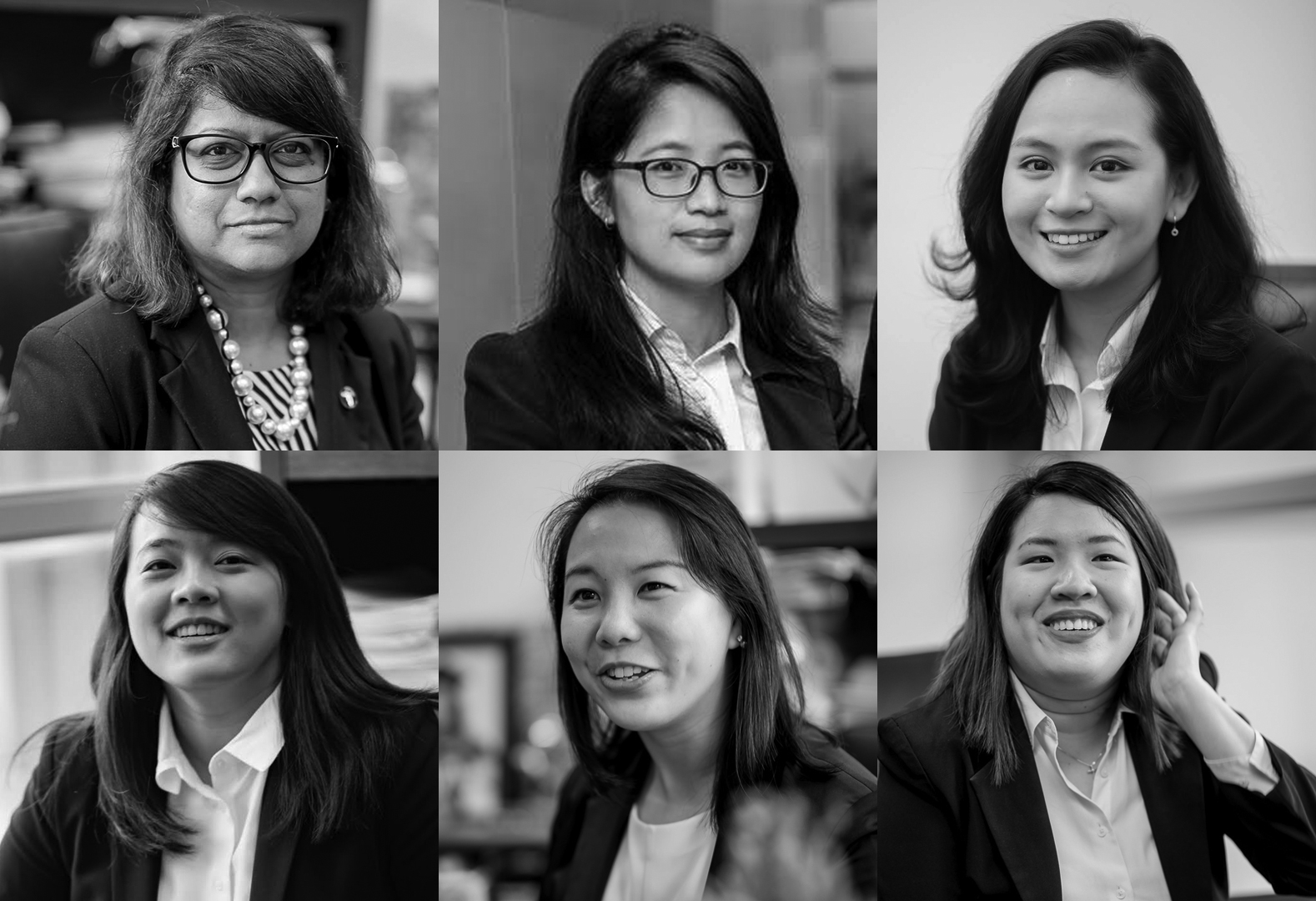Children and Family Law in Singapore
Singapore family law emphasises the welfare of the child as the paramount consideration when making decisions about children during and after a divorce. Parents are encouraged to come to mutually agreeable arrangements regarding their child’s care and upbringing.
Most separated parents successfully decide on matters such as:
- Who makes major decisions for the child and
- How time is shared between parents.
If parents cannot agree, mediation services provided by the Family Justice Courts or professional mediators can help reach a compromise. Should mediation fail, the court will decide in the child’s best interests, guided by Singapore’s Women’s Charter.
Singapore law does not prescribe specific parenting roles based on gender or prescribe how much time a child should spend with each parent. Decisions are made based on the unique circumstances of each family.
If you need assistance with your family law matter, contact our lawyers at GJC Law for expert guidance tailored to your unique circumstances.
Read more: Is there a difference between Parental Rights vs Parental Responsibilities?
Parental Responsibility in Singapore
Parental responsibility refers to a parent's legal rights and obligations towards their child. Both parents ordinarily share this responsibility, regardless of their marital status or living arrangements. This includes making decisions about the child’s education, healthcare, religion, and other major life aspects.
In Singapore, when parents divorce, they are encouraged to cooperate and co-parent in making these decisions for their children. The court may intervene if necessary and assign parental responsibility to one parent or a legal guardian if it is in the child’s best interests.
Read more: Peaceful Co-Parenting: Creating a Stable Environment for Your Kids
Parenting Time and Custody
Singapore has moved away from using terms like "custody" and "access," focusing instead on parenting time and decision-making authority. Arrangements are flexible and tailored to the child’s needs, with the court prioritising the child’s welfare above all.
Parents can choose between:
- Informal Agreements: Mutually agreed arrangements for parenting time and responsibilities.
- Parenting Orders: Legally binding agreements issued by the court.
If an agreement cannot be reached, the court will decide on the child’s living arrangements, and the time each parent will spend with the child, guided by the principle of the child’s best interests.
Read more: Mandatory Co-Parenting Programme (CPP)
Best Interests of the Child
Singapore family law outlines several factors to determine what serves the child’s best interests, including:
- The child’s physical, emotional, and educational needs.
- The parents’ ability to meet those needs.
- The child’s views, depending on their age and maturity.
- The benefit of maintaining a relationship with both parents.
- Any history of family violence or safety concerns.
Each case is assessed individually to ensure decisions are made in the child’s favour.
Read more: Understanding Parenting Arrangements and Children’s Best Interests in Singapore Divorce Cases
Financial Responsibility for Children
Both parents share a legal obligation to support their children financially after a divorce, regardless of custody arrangements. This can be managed through informal agreements or formalised in court-ordered child maintenance. The amount is determined based on the child’s needs and the parent’s financial capacities.
Read more: FAQs on Child Maintenance in Singapore
Supporting Your Child’s Wellbeing
Divorce can be challenging for children. Parents must prioritise their children’s emotional and physical well-being. Avoid involving children in conflicts or pressuring them to take sides. Focus on fostering a healthy co-parenting relationship to provide stability and security for your child.
Read more: Divorce: A Child’s Perspective
Case Study: Co-Parenting in Singapore
Maya and Ravi were married for four years and share a three-year-old son, Aryan. After their divorce, they agreed on joint parental responsibility for Aryan, which means both parents share the authority to make major decisions about his welfare, including education, health, and religion.
Initial Arrangement
Maya was designated as the primary caregiver (with care and control), overseeing Aryan’s daily needs, such as meals, bedtime routines, and attending preschool. While not the primary caregiver, Ravi maintained regular contact with Aryan, spending weekends and school holidays together. Their co-parenting plan included Ravi engaging Aryan in enriching activities, such as visits to the park and reading sessions, to build their bond.
Communication and Decision-Making
Both parents committed to open communication, using the Co- Parenting SG app to keep each other updated on Aryan’s schedule, medical appointments, and school activities. Decisions about Aryan’s vaccination schedule, preschool choice, and extracurricular activities were made jointly after discussions, ensuring both parents felt involved in Aryan’s upbringing.
Challenges and Resolutions
Like any co-parenting arrangement, Maya and Ravi faced challenges, including:
- Conflicting Schedules: Maya and Ravi initially struggled to balance their work commitments with parenting time. They resolved this by creating a detailed visitation calendar well in advance.
- Parenting Style Differences: Maya’s approach to discipline was more structured, while Ravi preferred a relaxed style. They consulted a family counsellor who provided strategies for consistency in parenting rules.
- Disagreements Over Major Decisions: When Aryan developed an allergy, Maya and Ravi disagreed about his dietary adjustments. They sought advice from a paediatrician and followed professional recommendations to align their decisions.
Adapting to Aryan’s Changing Needs
As Aryan grows older, Maya and Ravi have committed to periodically reviewing and updating their co-parenting plan. They acknowledge that Aryan’s educational needs, extracurricular interests, and social connections will evolve. For instance:
- When Aryan enters primary school, they plan to share responsibilities such as attending parent-teacher meetings and managing his homework schedule.
- As Aryan builds friendships, Ravi has suggested expanding his visitation times to include school-related activities and playdates.
Focus on Aryan’s Well-being
Both Maya and Ravi prioritise Aryan’s emotional and psychological well-being. They consciously try to avoid speaking negatively about each other in Aryan’s presence and ensure he feels supported by both parents. They have also agreed to celebrate Aryan’s milestones, such as birthdays, together as a family to give him stability and unity.
This collaborative approach demonstrates how co-parenting, even after divorce, can foster a healthy development environment when both parents are committed to prioritising the child’s best interests.






